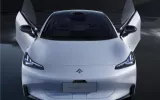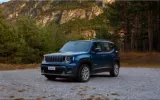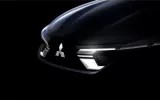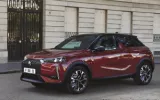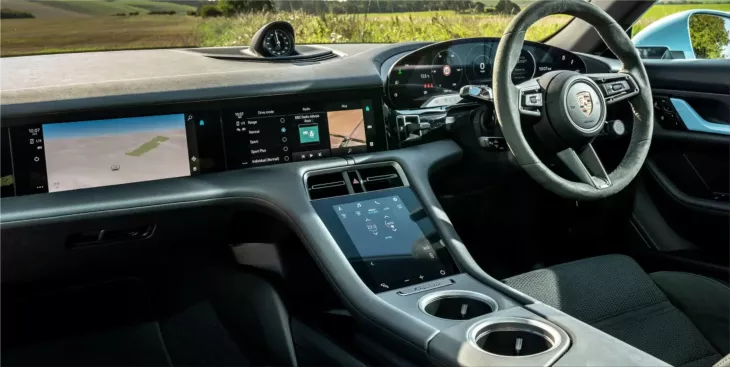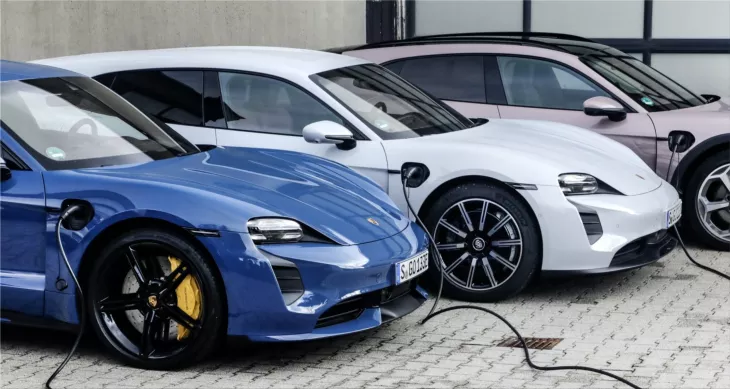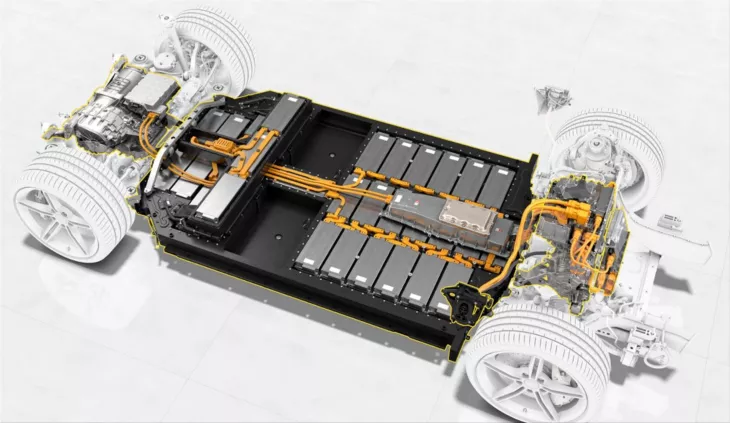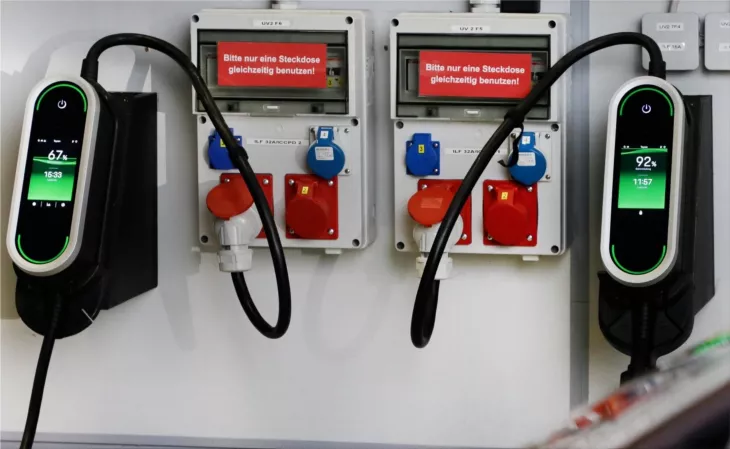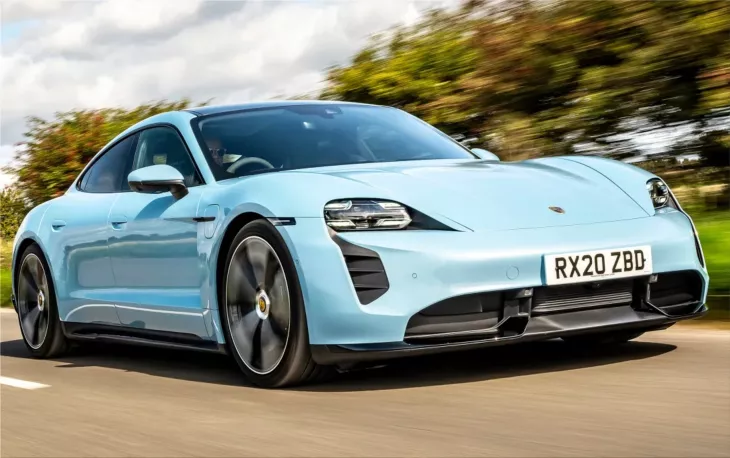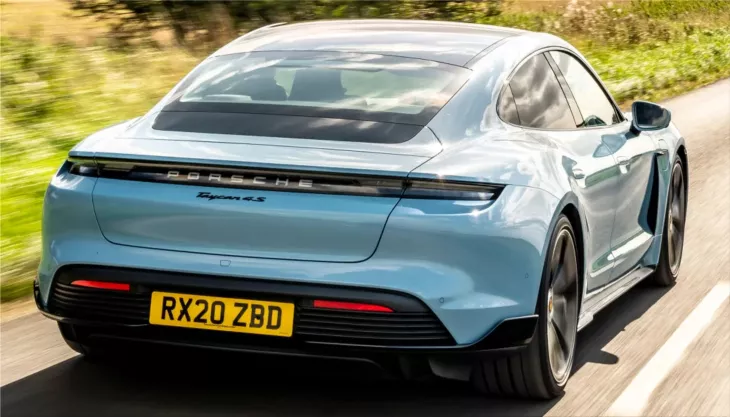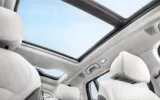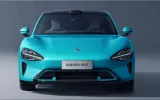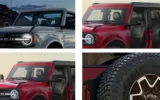Green electricity plays a central role in the environmental friendliness and operation of electric cars. In an interview with n-tv.de, Oliver Blume (CEO of Porsche) confirmed that the company is sticking to its ambitious sustainability goals and switching to e-mobility.
Porsche aims to deliver most of its vehicles with fully electric drives by 2030. Then the Zuffenhausen-based company also wants to be CO₂-neutral on the balance sheet across the value chain. So supportive investments are made in regenerative energy sources such as wind and solar systems and synthetic fuels, said Blume. "Climate change remains the most important challenge of our generation. At Porsche, that will not be called into question by a war."
Porsche already has its first electric car on offer, and the Taycan, which is available as a sports sedan and shooting brake, is to be followed by other electric vehicles. However, there will only be the iconic Porsche 911 sports car with a combustion engine in the medium to long term. According to the company boss, it has gradually become clear that Porsche is becoming one of the pioneers of more environmentally friendly cars. It was also "a constant learning process" for him. It takes courage to do the right thing with determination, but he also thinks like an entrepreneur and always in terms of opportunities. And Porsche has always remained Porsche because it is constantly evolving.
Blume is convinced that Porsche sports cars and electric drives are a perfect match. He felt this in an early phase of Taycan's development: "This acceleration is like jumping from a ten-meter tower." The customers would reflect that back; for them, the Porsche Taycan was "a cool car, typically Porsche." The response "to our innovative technology is excellent." The numbers prove the management of the Volkswagen subsidiary right: Last year, twice as many Porsche Taycan electric cars were sold as in 2020.
There are new central aspects for Porsche with electric cars, while others, such as the roar and vibration of the combustion engine, are eliminated. But it is still about the characteristics that the brand embodies: the design, the high quality, and the performance, according to Blume. With e-cars, there is also the fact that they have to be charged quickly, and the battery has a long service life. So you don't want to do without sound and produce it partly synthetically. The CEO sees nothing wrong with this: "We pick up the sound directly from the electric motor. This authentic e-sound is also known from motorsport."
There are also many ways to differentiate oneself in electromobility. For example, with the dynamics when cornering, said Blume. The reproducibility of performance is also an essential issue for Porsche. The Taycan is just as sporty in its tenth or twentieth sprint as it was in the first. All of this ensures credibility and lives up to the reputation of a sports car brand.
Next, in 2023, the Porsche Macan compact SUV will be launched in the new generation as an electric car. The smaller sports cars of the 718 series are to follow soon. The Porsche Cayenne and Porsche Panamera should also be fully electric in the medium term, and a completely new model is also being considered. On the other hand, Porsche intends to build the 911 as a combustion engine for as long as the customers want it and as long as the political regulations allow it. Blume does not contradict the company's new focus on sustainability since the Porsche 911 can also be reduced in CO₂ emissions through hybridization but can still be driven very sportily.
According to Blume, investments are also being made in synthetic fuels. The so-called e-fuels make sense if they are produced in regions where sustainable energy is available in unlimited quantities. For example, Porsche is planning to use it in motorsports.
"Electromobility will dominate the market; I'm convinced of that," emphasized the Porsche boss, who is also on the board of directors responsible for group production at Volkswagen. The company's strategy is coherent and stringent: They are fully committed to electromobility and aspire to deliver more than 80 percent of vehicles with fully electric drives by 2030. Electromobility and e-fuels are not in conflict but are a helpful complement.

